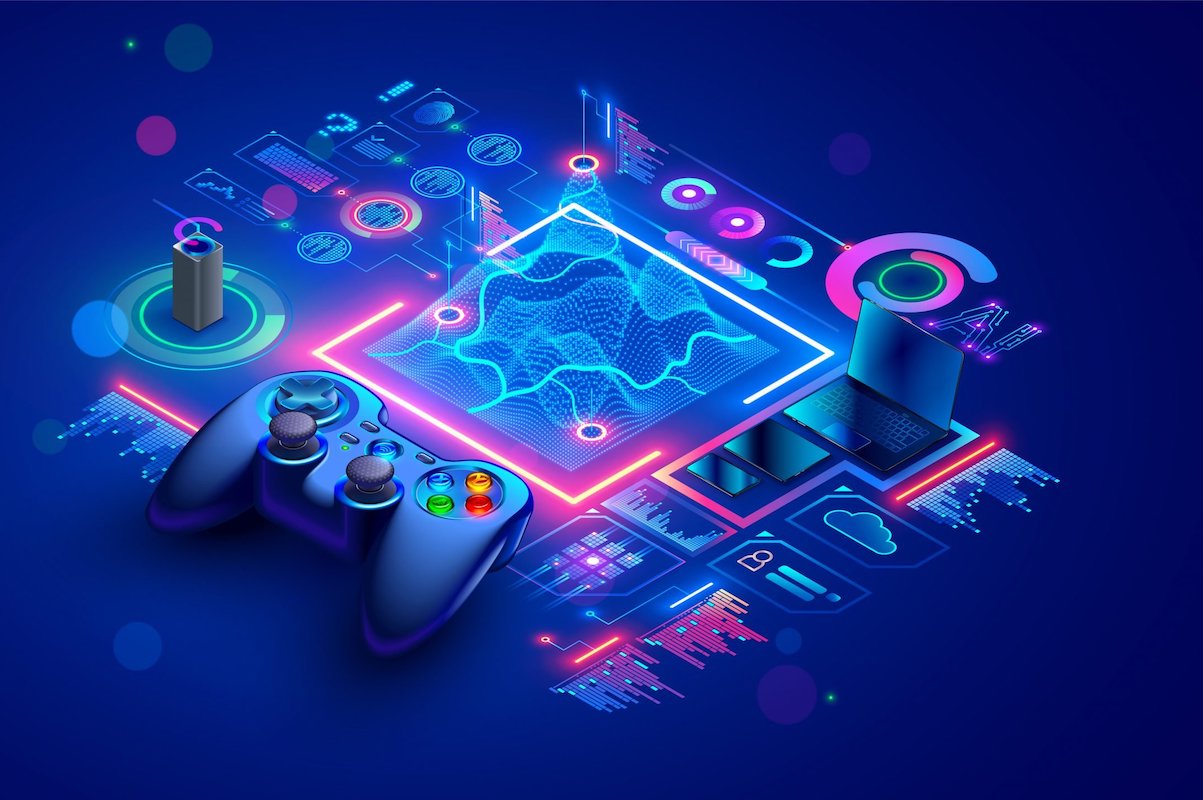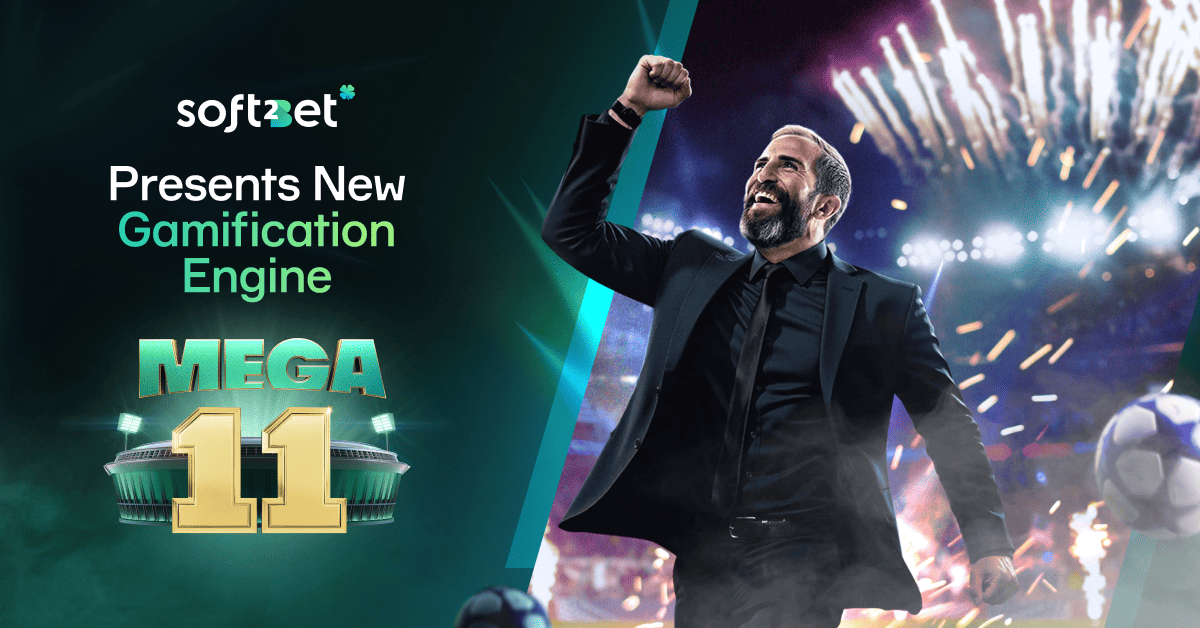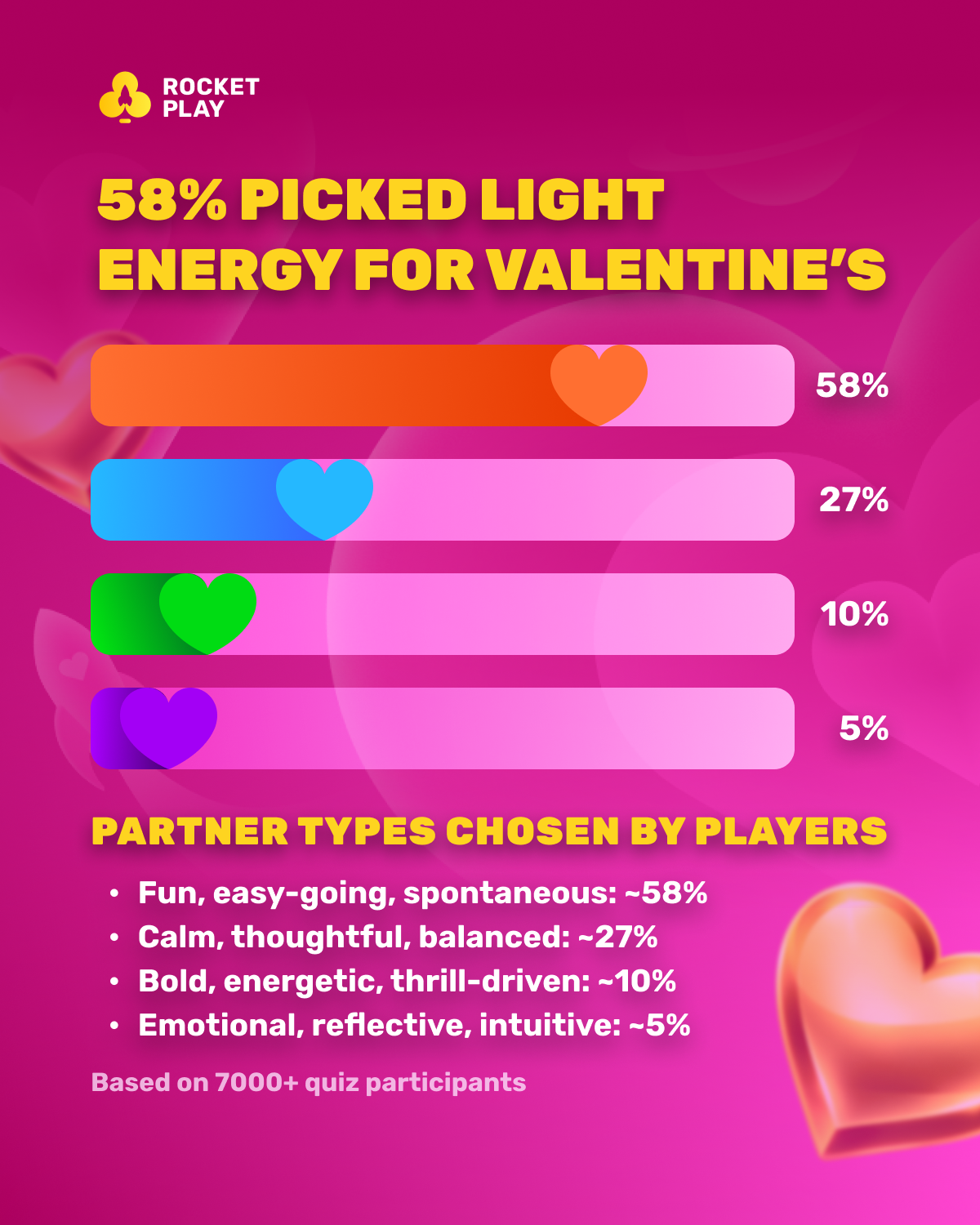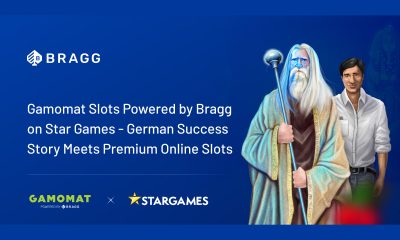Gaming
Five AI tools every game developer should have in their toolbelt

The games industry is no stranger to Artificial Intelligence (AI) in video games. Anyone that’s played a game populated by NPCs or multiplayer games with bots will know that the quality of the AI that defines how they interact with players can be hugely variable. Done well, AI-controlled characters help a game to be more cohesive and engaging.
That’s why research into game AI is an ongoing focus for so many studios, with bigger companies such as Sony exploring advanced AI techniques like reinforcement learning, which has the potential to create the most advanced form of NPCs to be a player’s friend or foe, depending on how they play.
But AI’s capabilities don’t stop there. AI is also changing the way games are developed, adding much greater realism to in-game characters, gaming experience and creating autonomous online bots that are near-indistinguishable from human players.
Electronic Arts is currently developing systems that use machine learning to replicate facial expressions, skin types and body movements from video and photos. In theory, this means that actors would no longer have to come into a mo-cap studio and there would be a greater range of genders and ethnicities produced in games.
With so much happening in this space, we’ve compiled a list of five AI tools every game developer should have at hand to make their lives easier.
Content Generation
One of the most time-consuming processes a developer will have to deal with is content generation, especially in puzzle games where there is a high demand for new levels. But AI technology can help here, using a method known as Procedural Content Generation (PCG), which creates content algorithmically. AI can be used to generate tens or hundreds of variations ready to be reviewed and selected. If the AI is being used for level generation, it’s even possible to use AI bots to play the levels and score them for difficulty or the time it takes to complete them.
PCG allows for quicker content creation and provides developers with more time for creative experimentation. The AI can easily do the heavy lifting, but human input is still crucial to launching a polished product, which is where the developer’s skill comes in.
Testing
Unlike mobile apps or web pages, games are one of the hardest forms of software to test due to their sheer variation, the near-infinite number of states a game can have, its custom interaction models, and constant updates.
Games are still mainly tested by humans, which means it can be a lengthy and expensive process. While big studios have the budget to create dedicated teams that focus solely on game testing, smaller developers mostly rely on their network of friends, coworkers and fans. But what happens when they are unable to test every aspect of the game? That is where AI and machine learning steps in.
Testing in video games is complex due to the number of split-second choices a player can make and the outcomes those choices have. In addition, there are interactions with other human and non-human players that are also non-deterministically playing the game, which further complicates things.
The advantage of using AI bots for your playtesting is that they can test quickly, constantly and methodically. For example, bots can be used to test for things like object clipping by running all the possible moves and interactions on a level far faster than a human player..
Cheat Detection
Cheating turns players off multiplayer gaming, even if they are not directly affected. For players striving to be the best, it’s all too easy to turn to cheat tools that bestow superhero-like powers in the game. Cheating tools range from simple aimbots that assist with aiming and shooting in FPS games like CounterStrike to mining bots in MMOs that control a player’s character and essentially play for them.
Developers can combat the use of cheats with machine learning and behaviour-based detection AI. By collecting data on a player’s behavioural patterns, such as how a player moves the controller or how fast a player reacts, AI can recognise when an action goes beyond normal human behaviour.
While there are plenty of other products that are able to detect cheaters, the advantage of a machine learning system is that it’s continuously learning and adapting itself to fit the game – making it harder for players to fool. This means that developers can employ updates and patches to the game without having to reprogram the AI.
Content Moderation
Online toxicity has become a growing problem as more and more games are built around persistent online worlds with thousands of concurrent players. There are times that a small number of players spoil the experience for the majority. However, AI is a great ally for developers looking to curb such behaviours and safeguard their players.
There are different approaches to moderating game chat. The most common is to use lists of banned words and phrases, which can be used to block posts that use them. The problem here is that gamers can get around moderation by changing letters to numbers or using slang phrases.
A better approach is to use an AI model that can consider the context of the text so that even if a player is being clever with the spelling of a word, it will still be flagged due to its context and intent. This kind of AI is relatively recent, with only a handful of experts working in this field. But, with no signs that toxic behaviours are declining and the number of people playing games increasing, this is a field that will continue to need expert solutions.
Whilst, AI can capture the bulk of comments before they are posted, human moderators are still required as the ultimate arbiters of what content is permissible. But working as a team, human moderators and AI moderation can together ensure that games are a safe space for all players.
AI Player Stand-Ins
The big attraction of online games is the ability to interact and team up with other players. However, there are not always enough human players to fill in the empty seats; that’s where bots come in.
Bots can act as a reasonable stand-in for human players, with a sophisticated range of behaviours. But it’s still pretty obvious to most when you are playing alongside a bot rather than a real person
One way to address this is to use AI to introduce more variables into the behaviour of the bots. This can give a much more realistic impression of unpredictability, and reproduce things like the risk-taking that you often encounter with human players.
While the combination of techniques used to create effective AI-based bots is fairly new, when done correctly it can create dynamic, adaptive and very human-like bots that add an extra dimension to online play.
AI tools are there to help developers
Developers are faced with an immense amount of challenges to develop great games very quickly, but thanks to the latest AI-based tools, there are powerful solutions to some of the most resource-hungry aspects of the development process.
That is why AI is increasingly becoming an essential addition to the game development process, providing developers with the tools, and the insight, to address any issue that arises. Which, in turn, allows them to unload tedious tasks and concentrate on creative output.
About modl.ai
Headquartered in Denmark, modl.ai is a team of game developers, engineers and AI experts working together to create AI-driven tools for building better games. Its AI-based tools allow developers to rapidly create and test games and understand their players. modl.ai’s unique technology is designed to accelerate the game development process, automating repetitive and time-intensive tasks and helping developers to enhance and increase player engagement.
modl.ai was founded in 2018 by Christoffer Holmgård, Benedikte Mikkelsen, Lars Henriksen, Sebastian Risi, Georgios N. Yannakakis, and Julian Togelius, who between them have been involved in the launch of more than 30 games and have more than 28,000 citations in technical literature covering AI and game design. In 2019 the company successfully secured seed funding from a number of investors led by PreSeed Ventures, Denmark’s largest and most successful early-stage investor, joined by Saltagen Ventures and Propagator Ventures.
Powered by WPeMatico
Gaming
Soft2Bet Introduces MEGA11, a Football Manager Experience Designed to Elevate Sportsbook Activity

Soft2Bet has revealed the debut of MEGA11, a football management game aimed at enhancing sportsbook interaction and improving player loyalty. Acknowledging that football manager and fantasy games rank among the most favored genres with the longest typical gameplay durations, MEGA11 provides a progression-oriented and captivating football manager experience focusing on fantasy league team construction, allowing players to tactically oversee their own teams and make important choices while competing in leagues and matches.
Users of sportsbooks are inherently used to waiting before making their next wager. That inactivity naturally leads to a decrease in daily engagement, even among bettors who are very focused on football. MEGA11 addresses this issue by providing users with a football management game seamlessly connected to the sportsbook experience. Rather than waiting for the upcoming kickoff, players can remain engaged by forming their team, modifying lineups, and battling in their personal matchups or leagues. This establishes a distinctive two-way interaction cycle, effortlessly integrating real-money wagering with social, engaging gameplay, transforming these calmer times into organized activity with defined objectives, advancement, and a motivation to come back.
MEGA11 is developed as an independent game featuring its own soft-currency system, without any direct links to sportsbook deposits or casino operations. The main experience is free-to-play, enabling players to advance at their own speed. For players seeking to advance quickly or enhance their team, MEGA11 provides optional purchases, such as more powerful player cards and boosters that speed up progress and offer a strategic advantage.
The engagement of the sportsbook is fueled by a straightforward, quantifiable mechanism. Each wager allows players to accumulate points that enhance their advancement in the football manager game. This advancement, consequently, activates sportsbook bonuses, actively encouraging ongoing involvement and strengthening consistent engagement. Advancement is organized via a five-level loyalty and gamification framework that reflects a football career trajectory: Beginner, Amateur, Professional, World Class, and Legend. The tiering aims to maintain motivation over time, providing a consistent feeling of progress that fosters longer-term retention instead of brief spurts of engagement.
The new engine enhances Soft2Bet’s larger MEGA portfolio, which currently features mechanics like MEGA Chance, MEGA Round, and MEGA Clawee. It further enhances Soft2Bet’s sportsbook offering with instant payouts, 24/7 support, and over 200 pre-match football markets, by introducing a perpetual football format designed to maintain fan engagement beyond the live match calendar.
The design of the product continues to prioritize player protection and compliance. MEGA11’s soft-currency, non-deposit model promotes secure and compliant interactions, emphasizing entertainment and advancement while adhering to responsible gaming standards in regulated regions.
Yoel Zuckerberg, CPO at Soft2Bet, stated: “MEGA11 is built to keep football fans engaged between matchdays, pairing a manager-style progression loop with a soft-currency model that supports compliant, long-term sportsbook loyalty. Football manager games are renowned for having the highest player immersion and longest session times in the industry. By bringing this experience to our partners, we are combining real betting with social gameplay to deliver authentic player experiences that resonate with fans and drive sustainable engagement.”
The introduction of MEGA11 enhances Soft2Bet’s emphasis on product-driven engagement, merging game design, loyalty strategies, and a robust regulatory framework to assist operators in achieving more reliable retention during the football season. The technology has received significant industry awards and is eliciting a strong positive reaction from players, confirming its influence on engagement and long-term value generation.
The post Soft2Bet Introduces MEGA11, a Football Manager Experience Designed to Elevate Sportsbook Activity appeared first on Eastern European Gaming | Global iGaming & Tech Intelligence Hub.
Gaming
58% of respondents like the“warmy” archetype. Rocket Match by RocketPlay became “ Valentine’s Tinder in Gaming”.

This Valentine’s, RocketPlay tested a playful idea: players who seek thrills in gaming don’t necessarily want intensity in everything — including relationships. Instead of asking users to pick a “perfect partner,” RocketPlay launched Rocket Match, a fast, flirty quiz that matches players with a vibe: Bold, Sunny, Dreamy, or Adventurous.
Early Results Flip the Stereotype
Around 58% of participants matched with the Sunny archetype — defined by warmth, charm, and easy-going fun. The experiment suggests that when it comes to Valentine’s, RocketPlay’s community prefers light-hearted connection over drama or high stakes.
What Rocket Match Is
Rocket Match is a Valentine’s matchmaking quiz built inside the RocketPlay Universe. Players answer five simple, no-wrong-answer questions and instantly discover their match vibe.
The goal: move away from typical Valentine’s content that swings between overly serious romance or clichéd tropes. Rocket Match keeps it flirty, playful, and moment-focused, letting players discover a vibe rather than a label.
The four vibes include:
-
Bold – confident, high-energy, loves bigger sparks
-
Sunny – easy-going, playful, social, effortlessly charming
-
Dreamy – soft, romantic, focused on atmosphere and emotion
-
Adventurous – playful risk-taker, spontaneous, curious
Community Insights from Rocket Match
The quiz quickly gained traction, with 7,000+ completions, revealing a strong preference: Sunny, the archetype defined by warmth, lightness, and charm.

Alex Martin, PR Lead at RocketPlay, said:
“What we liked most about Rocket Match is how clearly it captured the mood people actually want on Valentine’s. It wasn’t about labels or big statements — it was about light energy, easy chemistry, and a feel-good kind of connection. That’s the vibe we try to build across the brand: simple to join, fun in the moment, and positive without the drama.”
Why It Matters
Rocket Match was more than a Valentine’s gimmick. It offered a snapshot of what RocketPlay’s community enjoys most: light energy, playful interaction, and feel-good connections. By turning a pop-culture moment into a small experiment, RocketPlay gained insight into player preferences, informing how the brand continues to design engaging, fun, and positive experiences.
The post 58% of respondents like the“warmy” archetype. Rocket Match by RocketPlay became “ Valentine’s Tinder in Gaming”. appeared first on Eastern European Gaming | Global iGaming & Tech Intelligence Hub.
Gaming
58% of respondents like the“warmy” archetype. Rocket Match by RocketPlay became “ Valentine’s Tinder in Gaming”.

This Valentine’s, RocketPlay tested a simple idea: people who come to iGaming for thrill don’t necessarily want the same intensity in everything — including relationships. Instead of asking players to choose a “perfect partner,” we launched Rocket Match, a fast, playful quiz that matches players with a vibe — bold, sweet, dreamy, or adventurous.
Early results flipped the stereotype. Around 58% of participants matched with the same vibe — built around warmth, charm, and easy fun — suggesting that when it comes to Valentine’s, our community prefers light-hearted connection over drama or risk.
What Rocket Match is
Rocket Match is a Valentine’s matchmaking quiz built as a small cosmic adventure inside the gaming RocketPlay Universe. Players answer 5 light questions — no right or wrong answers — and instantly unlock a Rocket Match that compliments themself. The idea was simple: Valentine’s content online often swings between two extremes — overly serious romance or pure cliché. Rocket Match was created to do something different: keep it flirty, keep it playful, and let players discover a vibe that feels like a moment, not a label.
There were 4 vibes to match with:
Bold — confident, high-energy, loves a bigger spark and bolder choices.
Sunny — easy-going, lighthearted, funny, good communicator
Dreamy — softer, romantic, drawn to atmosphere and emotion.
Adventurous — playful risk-taker energy; spontaneous, curious, and always up for something new.
The lightweight Valentine’s experiment quickly gained traction, with 7,000+ players completing the quiz. The unexpected value came after: the answers revealed a clear preference in what players wanted Valentine’s to feel like — and that insight became the story.
Across responses, around 58% of participants landed on the same Rocket Match vibe — the “sunny” archetype. It’s defined by warmth, lightness, and easy charm: playful, social, and effortless to be around.
What it says about RocketPlay’s community
Rocket Match offered a clear read on the kind of Valentine’s energy players gravitate toward — and it’s lighter than the usual “high-stakes romance” stereotype. As Alex Martin, PR Lead, puts it: “What we liked most about Rocket Match is how clearly it captured the mood people actually want on Valentine’s. It wasn’t about labels or big statements — it was about light energy, easy chemistry, and a feel-good kind of connection. That’s the vibe we try to build across the brand: simple to join, fun in the moment, and positive without the drama.”
What started as a fun Valentine’s experiment quickly became a snapshot of what the community enjoys most: light energy, easy chemistry, and feel-good connection. Valentine’s was simply the right moment to test a playful, pop-culture format — and see what kind of “match” people gravitate toward.
The post 58% of respondents like the“warmy” archetype. Rocket Match by RocketPlay became “ Valentine’s Tinder in Gaming”. appeared first on Americas iGaming & Sports Betting News.
-

 Blueprint Gaming6 days ago
Blueprint Gaming6 days agoBlueprint Gaming unleashes Frankenstein’s Fortune blending dynamic modifiers with multi-path bonus offering
-

 Compliance Updates7 days ago
Compliance Updates7 days agoHow to Apply for a Finnish iGaming License: Gaming in Finland Webinar on Application Steps and Technical Standards
-

 Big Daddy Gaming7 days ago
Big Daddy Gaming7 days agoBig Daddy Gaming® Expands European Footprint After MGA Licence Approval
-

 Latest News4 days ago
Latest News4 days agoGGBET UA hosts Media Game – an open FC Dynamo Kyiv training session with journalists from sports publications
-

 Compliance Updates6 days ago
Compliance Updates6 days agoMGA Publishes Results of Thematic Review on Self-exclusion Practices in Online Gaming Sector
-

 Amusnet6 days ago
Amusnet6 days agoAmusnet Unveils Casino Engineering and Technology Milestones Achieved in 2025
-

 Brais Pena Chief Strategy Officer at Easygo7 days ago
Brais Pena Chief Strategy Officer at Easygo7 days agoStake Goes Live in Denmark Following Five-Year Licence Approval
-

 Bragg Gaming Group6 days ago
Bragg Gaming Group6 days agoBragg Gaming Group Partners with StarGames




















